Home / Services / Operations / Management Systems / WEEE Certification: Ensuring Environmental Compliance in the Electronics Industry
At IMPROV, we understand the critical role that environmental sustainability plays in today’s global economy. WEEE Certification (Waste Electrical and Electronic Equipment) is a vital part of the regulatory framework that ensures companies comply with environmental standards for the disposal and recycling of electronic waste. As businesses increasingly focus on reducing their environmental footprint, obtaining WEEE Certification helps meet legal obligations while promoting a more sustainable future.
What is WEEE Certification?
The WEEE Directive (2012/19/EU) is a European Union regulation that aims to reduce the environmental impact of electrical and electronic waste. It sets requirements for the collection, recycling, and disposal of electronic products to ensure that they are treated in an environmentally responsible manner. WEEE Certification serves as a proof of compliance with these requirements, allowing businesses to demonstrate their commitment to sustainability and environmental responsibility.
This certification applies to manufacturers, importers, and distributors of electrical and electronic equipment. By obtaining WEEE Certification, businesses are able to show that they are meeting the legal requirements related to waste management, recycling, and the safe disposal of electronic products at the end of their life cycle.
Why is WEEE Certification Important?
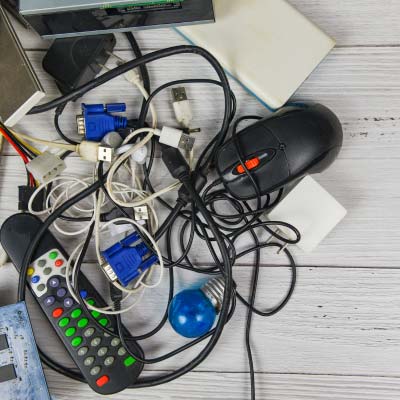
- Environmental Responsibility: The WEEE Directive aims to reduce the impact of electrical and electronic products on the environment. By obtaining WEEE Certification, companies show that they are actively contributing to the recycling and safe disposal of electronic waste, which helps conserve resources and minimize landfill waste.
- Compliance with EU Regulations: For businesses selling electronic products within the European Union, WEEE Certification is a legal requirement. Non-compliance can result in fines, sanctions, or even the inability to sell products within the EU market. Obtaining WEEE Certification ensures that your business is operating within the law and avoids the risks associated with non-compliance.
- Market Access: WEEE Certification is a key regulatory requirement for companies selling electronics in Europe. Without this certification, your products cannot be legally marketed or sold within the European Union. Therefore, certification provides businesses with the legal framework to access the European market.
- Improved Sustainability Credentials: With growing consumer interest in sustainability, obtaining WEEE Certification signals your company’s commitment to environmentally-friendly practices. This can improve brand image, attract eco-conscious consumers, and help differentiate your brand in the marketplace.
- Contribution to Circular Economy: By promoting the recycling and reuse of electronic products, WEEE Certification supports the broader shift toward a circular economy. Businesses that embrace these principles are helping to reduce resource consumption and contribute to a more sustainable and responsible production model.
The WEEE Certification Process
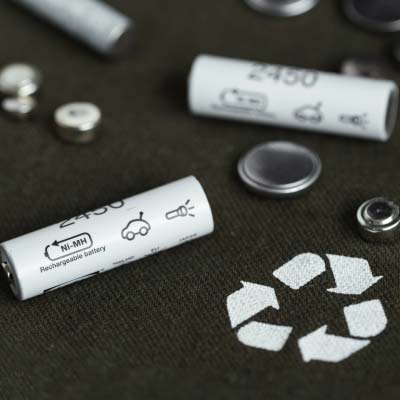
Product Registration
Manufacturers, importers, and distributors of electronic products must register with the relevant national WEEE authority in the European Union. This involves providing product details, including the type, quantity, and category of electrical and electronic equipment (EEE) that is placed on the market.
Packaging and Labeling
As part of the WEEE certification process, businesses must ensure that their products are clearly labeled with the WEEE symbol and appropriate disposal instructions. This helps consumers identify the product’s recycling requirements.
Establishing Collection and Recycling Systems
Companies must establish or partner with a network for the collection, recycling, and disposal of end-of-life products. These systems ensure that the products are properly processed and do not end up in landfills.
Ongoing Reporting
Regular reporting and documentation are required to ensure compliance. Businesses must provide details about the amount of electronic waste they handle, how it is disposed of, and their overall recycling efforts.
Certification Renewal
WEEE Certification is an ongoing process, with periodic audits and assessments required to ensure continued compliance. Manufacturers must maintain up-to-date records and stay informed about any changes to the WEEE Directive.
Key Benefits of WEEE Certification
Legal Compliance
Ensuring that your company meets the strict requirements of the WEEE Directive helps you avoid penalties, fines, and potential damage to your reputation. It ensures your product is in line with European legislation and is legally viable for sale within the EU.
Enhanced Consumer Confidence
As sustainability becomes an increasingly important factor for consumers, WEEE Certification acts as a mark of trust. It demonstrates that your products have been handled in an environmentally responsible way and have undergone proper disposal or recycling processes.
Competitive Advantage
With the rise in demand for sustainable products, businesses with WEEE Certification stand out in the market. Certification not only ensures regulatory compliance but also offers a competitive edge by showcasing your brand’s commitment to environmental standards.
Cost Efficiency through Recycling
Certification promotes the recycling of electronics, which in turn supports the reuse of valuable materials, lowering production costs over time. Companies can benefit from the responsible disposal of products while supporting their resource conservation initiatives.
Access to Global Markets
While WEEE Certification is a European standard, it also helps companies access markets outside the EU, particularly in regions where sustainability and environmental standards are being prioritized. As international markets increasingly demand compliance with such regulations, WEEE Certification provides businesses with the credibility to expand into new territories.
How We Help
At IMPROV, we offer expert guidance and support throughout the WEEE Certification process. Our comprehensive services are designed to help businesses navigate the complexities of WEEE regulations, ensuring full compliance while promoting sustainability and efficiency.
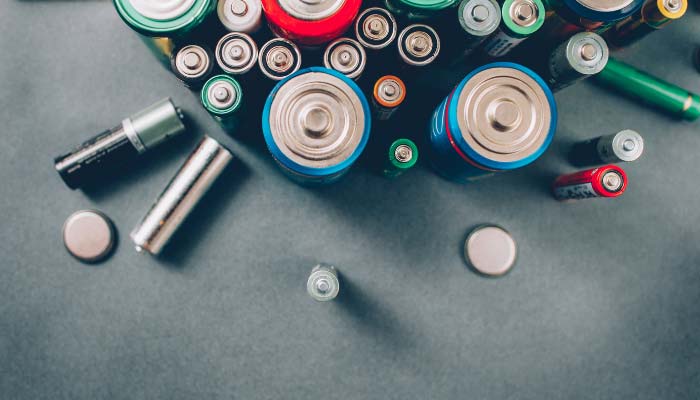
Compliance Consultation
We conduct thorough assessments of your business practices and help you understand the WEEE Directive’s requirements. Our consultants provide practical recommendations on achieving certification.
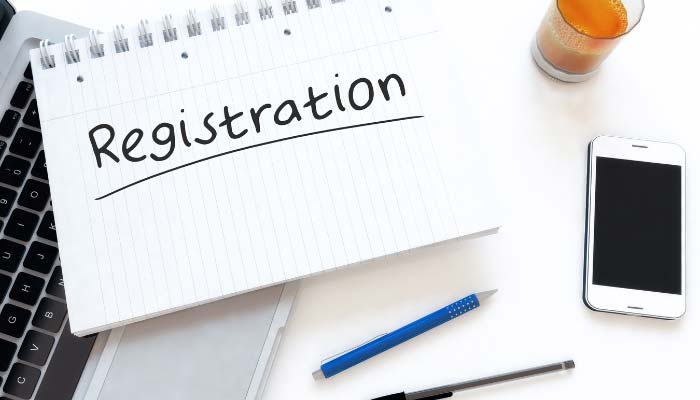
Registration Assistance
We assist with the registration process, helping you submit the necessary documentation and product details to the relevant authorities.
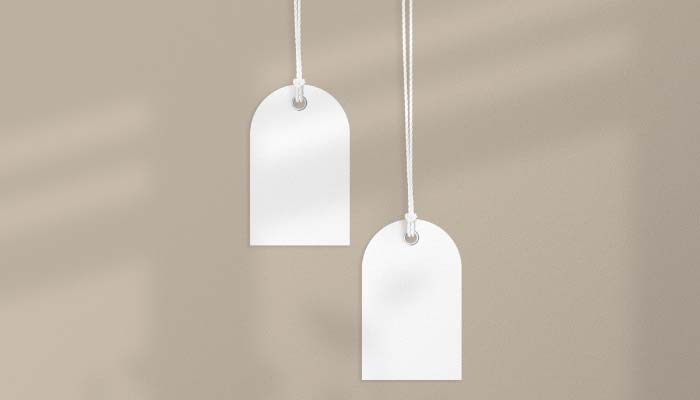
Labelling and Documentation
Our team supports the labelling of products in line with WEEE standards and ensures all required documentation is accurate and up-to-date.
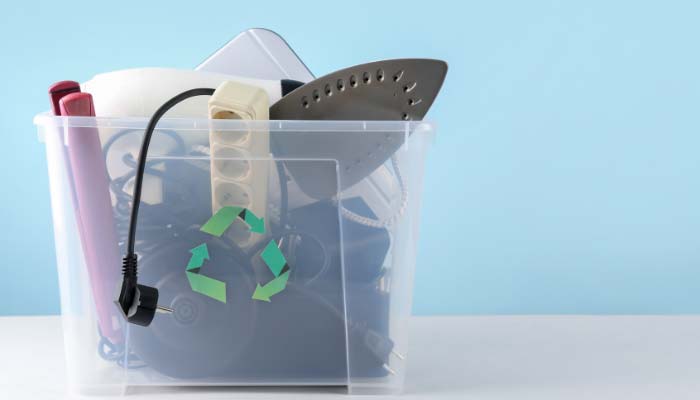
Collection and Recycling Support
We help establish or partner with certified collection and recycling systems to ensure your products are disposed of responsibly.
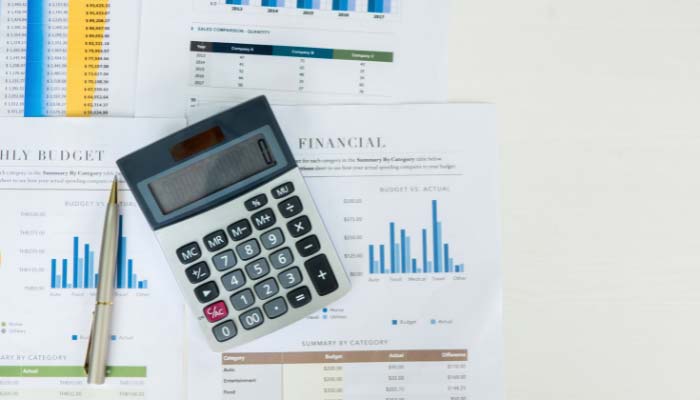
Ongoing Audits and Reporting
After certification, we help you maintain compliance by providing ongoing audits, ensuring that your products continue to meet the WEEE Directive’s requirements.
The WEEE Certification is essential for businesses seeking to meet EU environmental standards and demonstrate their commitment to sustainability.
At IMPROV, we provide comprehensive support to help you navigate the certification process, ensure compliance, and enhance your business's environmental responsibility.
